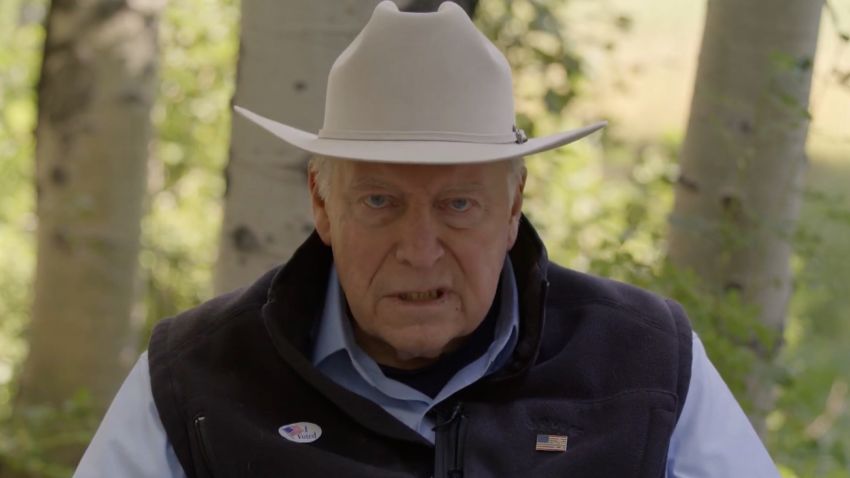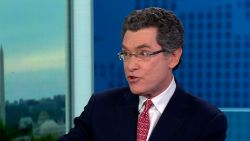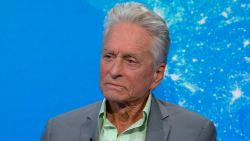Former Vice President Dick Cheney criticizes former President Donald Trump as a “threat to our republic” and a “coward” in a new campaign ad for his daughter, Wyoming Rep. Liz Cheney, who’s facing a competitive Republican primary later this month.
“In our nation’s 246-year history, there has never been an individual who is a greater threat to our republic than Donald Trump,” the former vice president says in the 60-second spot released Thursday. “He tried to steal the last election using lies and violence to keep himself in power after the voters had rejected him.”
“He is a coward. A real man wouldn’t lie to his supporters. He lost his election and he lost big. I know it, he knows it and, deep down, I think most Republicans know it,” Cheney says.
He goes on to say he “proudly voted” for his daughter, who is the vice chair of the House select committee investigating the January 6, 2021, insurrection. “There is nothing more important she will ever do than lead the effort to make sure Donald Trump is never again near the Oval Office.”
Though Cheney has occasionally criticized Trump and his administration’s policies, the new ad underscores his deep opposition to the former President, who has made defeating Liz Cheney a top political priority after she voted to impeach him last year and has remained a vocal critic.
Trump has endorsed Harriet Hageman in the August 16 primary, who’s one of four challengers taking on the three-term congresswoman for the nomination for the at-large House seat. Her rivals have attacked Cheney over her role as one of two Republicans on the January 6 panel, and have dismissed that probe’s importance.
Like Trump, Hageman has made false claims about the 2020 election, citing the “2000 Mules” film that peddles conspiracy theories about ballot drop boxes and “Zuckerberg money” – a reference to donations from Facebook founder Mark Zuckerberg and his wife, Priscilla Chan, through a nonprofit to help local elections officials navigate the coronavirus pandemic.
CNN’s Eric Bradner and David Wright contributed to this report.


















